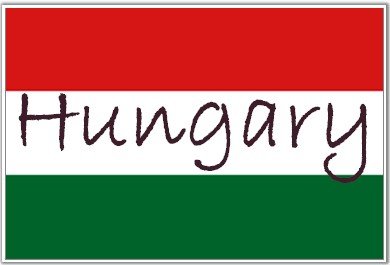Hungary says gas crisis gives European pipeline project a boost
 Budapest - The ongoing gas supply crisis caused by the row between Ukraine and Russia over pricing could be provide a timely shot in the arm for the Nabucco gas pipeline project, Hungary's ambassador for the project said on Friday.
Budapest - The ongoing gas supply crisis caused by the row between Ukraine and Russia over pricing could be provide a timely shot in the arm for the Nabucco gas pipeline project, Hungary's ambassador for the project said on Friday.
The planned Nabucco pipeline, favoured by the EU and the US, would bring gas from the Middle East and Central Asia through Turkey and the Balkans into Austria, cutting Russia out of the supply chain.
"The ongoing gas crisis highlights the significance of energy security, and not just in terms of the route, it also strongly emphasizes the need for the diversification of sources of supply," Hungary's special Nabucco ambassador Mihaly Bayer told local news agency MTI.
"Nabucco would serve this purpose extremely well," he said.
Bayer added that the crisis would also increase interest in a Nabucco Summit in Budapest that Hungary is organising for January 27. He said it was scarcely possible for politicians to avoid discussing the consequences of the crisis now.
"The purpose of the summit is to strengthen commitment to the Nabucco project," he said. Since the ambitious plan to build the 3,300-kilometre pipeline was first mooted in
2002, it has been hampered by a lack of political coordination and financing.
Hungary's Nabucco ambassador said that participating states - Hungary, Austria, Germany, Romania, Bulgaria and Turkey - will all be participate in the meeting. In addition, potential gas suppliers, such as Iraq, Turkmenistan, and Azerbaijan have also been invited.
"Some countries will be represented by their prime ministers, others will send ministerial delegates," said Bayer. "The president of Azerbaijan is travelling in person to Budapest," he added.
Besides appointing a special ambassador for the project, Hungary has also set up a parliamentary committee to coordinate its championing of the Nabucco project.
Prime Minister Ferenc Gyurcsany this week accused Russia and Ukraine of playing "childish games" and "putting a serious strain on our relationships."
All this is a far cry from the situation in February last year, when Hungarian Prime Minister Ferenc Gyurcsany ruffled feathers in Brussels by signing up to the Russian gas giant Gazprom's South Stream gas pipeline project, while dismissing Nabucco as "a dream".
South Stream, with a planned route under the Black Sea and through the Balkans to Italy, is seen by many in Brussels as a rival to Nabucco and a deliberate attempt by Russia to strengthen its control of energy supply to Europe. (dpa)